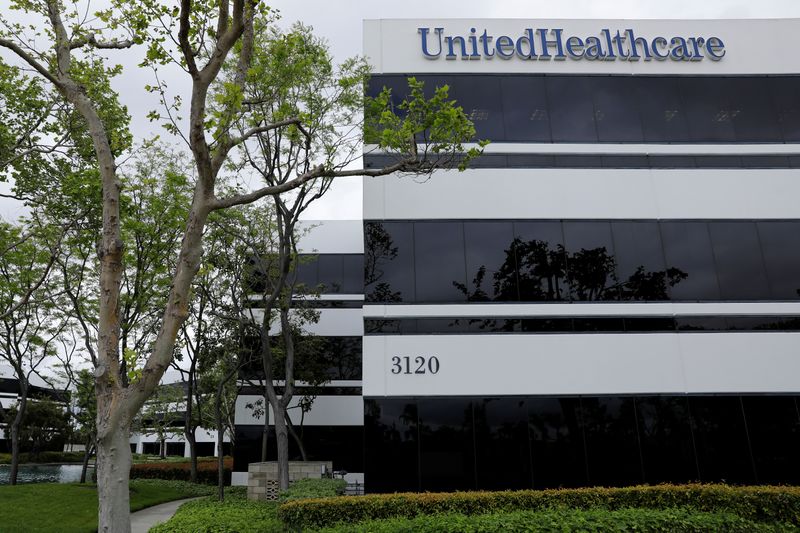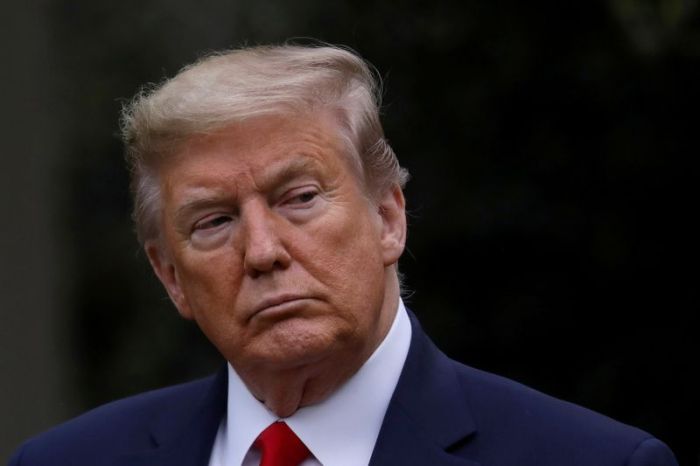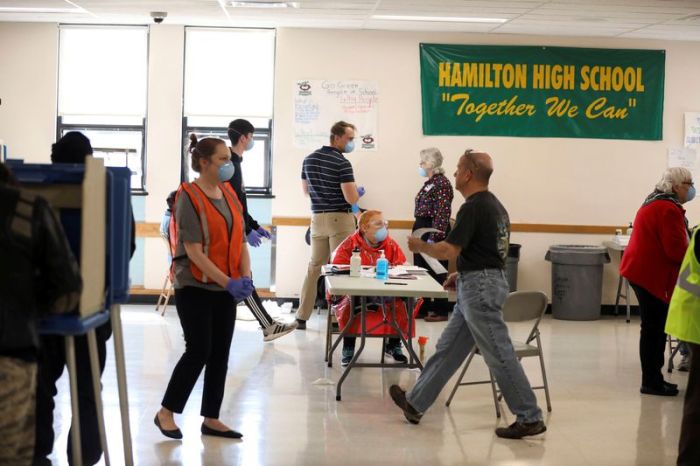(Reuters) – UnitedHealth Group Inc <UNH.N> on Wednesday reaffirmed its financial targets for the year, but cautioned it was uncertain of the impact of elective procedures being postponed by Americans during the COVID-19 pandemic.
Hospitals across the country, on the recommendation of the U.S. government, are postponing elective surgeries in anticipation of need for beds as more people are diagnosed with coronavirus, while some patients, leery of going to a hospital, are canceling appointments themselves.
“Like the broader health system in recent weeks, we have seen a reduction in elective care,” UnitedHealth Chief Executive Officer David Wichmann said on a post-earnings conference call.
The deferred care is impacting its OptumCare delivery business, which runs a network of physicians who offer home health services and surgical care to patients, the company said.
It is very difficult to project when the deferred patient volumes will come back into the system, given all the uncertainty out there, Wichmann said.
The company said it continues to expect adjusted net earnings of $16.25 to $16.55 per share for the year, the mid-point of which is above analysts’ estimate of $16.22, according to Refinitiv IBES data.
“UNH’s outlook demonstrates how well protected managed care sector earnings will be from the COVID-19 crisis in near term from the unprecedented restrictions on elective health care,” Stephens analyst Scott Fidel said.
For the first quarter, the company reported medical loss ratio – a measure of the percentage of premiums paid out for medical services – of 81.0%, a decrease of 1% from a year earlier, benefiting from the return of the industry-wide health insurance fee.
The ratio beat analysts’ estimates of 81.57%.
However, based on the current environment the ratio could be elevated in the second half of the year, the company warned, adding that it could be its lowest in the second quarter. A lower ratio is better for health insurers.
The company also acknowledged that its employer-sponsored health insurance business could be pressured from rising unemployment levels in the country, while its Medicaid and individual business lines could benefit.
The company reported first-quarter adjusted earnings of $3.72 per share, beating estimates of $3.63, helped by 24.6% year-over-year jump in Optum revenue.
Shares of the company, the first health insurer to report quarterly results, were up 1.2% at $273.7.
(Reporting by Manojna Maddipatla, Trisha Roy in Bengaluru and Caroline Humer in New York; Editing by Maju Samuel)



















